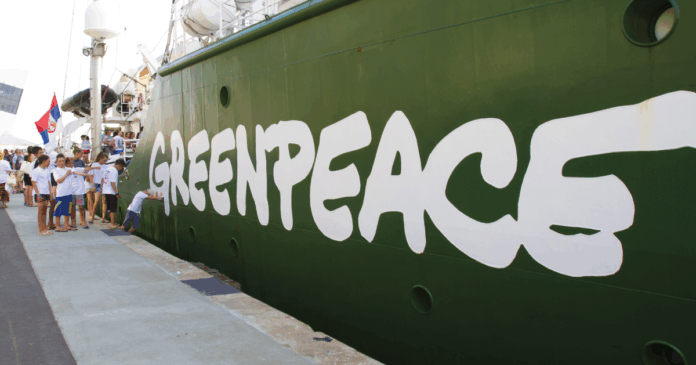Greenpeace Inc. appeared in North Dakota state court on Tuesday to continue its post-trial efforts to reverse a $666 million verdict in favor of Energy Transfer, builder of the Dakota Access pipeline. The environmental organization maintains that the jury’s decision was based on insufficient and speculative evidence, and is calling on the court to overturn or significantly reduce the award.
The March 2025 verdict awarded nearly $322 million to Energy Transfer Equity LP and over $344 million to Dakota Access LLC, stemming from defamation and property damage claims related to the highly publicized protests at Standing Rock in 2016 and 2017.
Represented by Everett Jack of Davis Wright Tremaine LLP, Greenpeace argued in court that Energy Transfer failed to provide adequate evidence tying the environmental group to the alleged damages. “There is no direct or circumstantial evidence to support the claim that Greenpeace caused a five-month delay in pipeline construction,” Jack stated, noting that witness testimony attributed the delay to issues involving a U.S. federal agency easement.
Greenpeace further challenged the jury’s findings on lost profits and expenses, pointing out that plaintiffs relied on assumptions rather than proof. “What was missing was any evidence establishing that those costs were incurred as a result of Greenpeace’s acts,” Jack said. “Plaintiffs told their experts to assume Greenpeace was responsible for every expense.”
Additionally, Greenpeace maintains that many of the nine statements found defamatory were expressions of the Standing Rock Sioux Tribe’s cultural and spiritual perspective and thus cannot be proven factually false.
Attorneys for Energy Transfer, represented by Trey Cox of Gibson Dunn & Crutcher LLP, opposed the motion, noting that a similar midtrial motion had already been denied by Judge James Gion. Cox also argued that Greenpeace Inc. and Greenpeace Fund are legally connected and should not be treated as separate entities for the purposes of damages.
During the protests, Greenpeace publicly challenged the pipeline’s potential environmental and cultural impacts, including threats to water safety and Sioux tribal land—claims the company alleges led to delays and financial setbacks.
This marks the second major post-trial hearing in the case, with Judge Gion again withholding immediate rulings from the bench. In earlier filings, Greenpeace also sought a dramatic reduction of the $666 million figure, noting that some of the awarded sums far exceeded even the plaintiffs’ requests.
Greenpeace has described the lawsuit as a direct threat to its future and a dangerous precedent against free speech and environmental advocacy.
Case Information:
Energy Transfer Equity LP et al. vs. Greenpeace International et al.
Case No. 30-2019-CV-00180
South Central Judicial District of North Dakota, County of Morton



